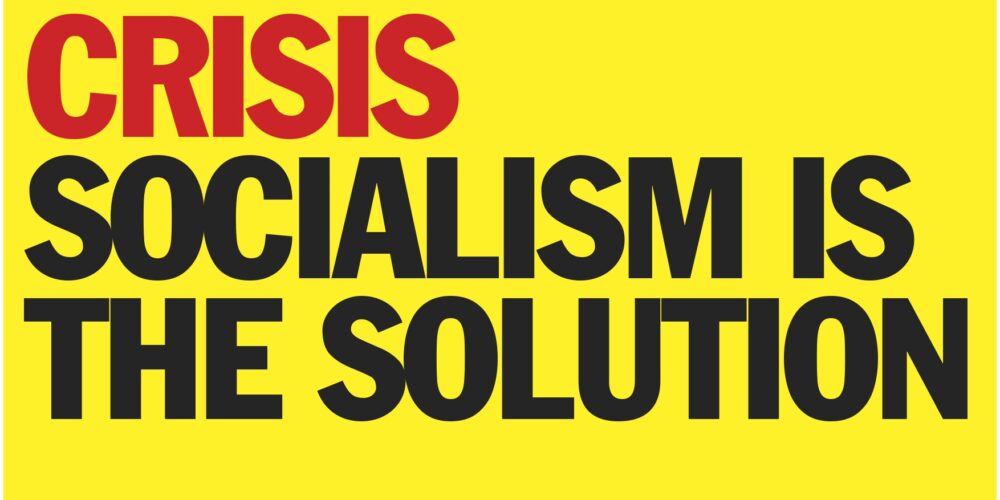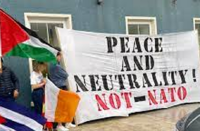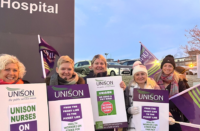The Cost of Living Coalition had many people taking to the streets during the protest march on the 24th of September. The coalition was a broad range of left-wing organisations, such as People Before Profit, the CPI, the Connolly Youth Movement and other grass-roots movements, such as activists from mica houses.
This huge display of left unity can show what true mass action is capable of organising: thousands of protesters in the streets, which crushed the water charges with the Right to Water Campaign. However, bringing an end to the cost-of-living crisis—more accurately described as a cost of living under capitalism—needs a clear strategy and a clear goal.
Broadly speaking, the left has another chance to work with the masses to bring change in Ireland again. But what should this change be? The cost of living covers rent, food, electricity, fuel, and anything that capitalism can raise the price of. Fighting the cost of living is a long battle, and without achieving milestones the coalition could fall apart before any of these issues are solved.
A clear goal, for example bringing about social housing that is paid for by a differential rent, bringing down rent costs, must have a focus until it is gained or there is a risk of losing momentum for the ultimate goal of fighting the cost of living, abolishing capitalism, and setting up a 32-county socialist Ireland.
While the final goal of abolishing capitalism may be fought for differently by different leftists, the fighting against capitalism, and more individual issues, can bring different leftists together in an organised way. How we organise, and the actions we carry out with an organised force, are what make up our tactics and strategy. The ways in which our tactics and strategy come out in a unified way must be decided upon and acted out by all participants in the agreed way, otherwise the coalition falls apart.
Left unity can be used to bring about radical change under the current Cost of Living Coalition, and has before with the Right to Water movement. We must keep on a revolutionary track. We must not get trapped in reformism to simply make life a little bit better under capitalism. The movement against the rising cost of living requires as much input as possible from the working class as well as revolutionary leadership to guide the movement.
We must learn from the past. Working-class communities have the power to bring change when they work together. The job of a communist party, or some form of a united front, is to guide those communities ideologically while learning from their experiences, changing tactics to fit the needs of the communities. This builds the strength of the movement and teaches adaptability to revolutionaries.
The experiences of working-class people in movements such as the coalition are invaluable, as they enhance the theory that we put into practice. The theory that we use also cannot be put to one side for the purpose of fighting every issue at once; as Engels said in 1874, “The indifference towards all theory is one of the main reasons the English working-class movement crawls along slowly in spite of splendid organisation.”
While leftist unity can be used to tackle specific issues and organise mass action, a revolutionary Marxist approach must be struggled for ideologically. This approach must be fought for, not blindly but through analysis and debate to come to a correct approach. Through democratic centralism we must come to a decision on how to put theory into practice and act on it, not simply debate or work alongside each other.
While left unity can be a great force for achieving goals, our tactics and strategies will differ on how to abolish capitalism. For this reason, even in a case of left unity active revolutionaries cannot stop at political and economic struggle but must wage an ideological struggle as well.
“Unity is a great thing and a great slogan. But what the workers’ cause needs is the unity of Marxists, not unity between Marxists and opponents and distorters of Marxism.”—Lenin






